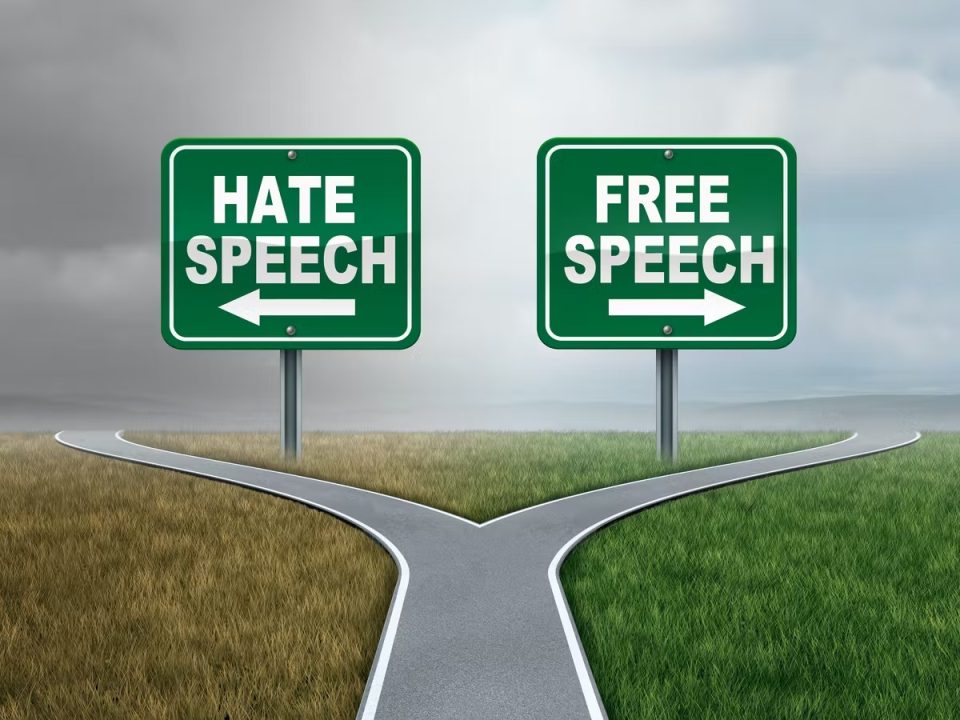According to the National Criminal Records Bureau (NCRB) data, between 2014 and 2020, cases filed under Section 153A of the Indian Penal Code (IPC) (incitement to hostility among different groups based on religion, race, place of birth, place of residence, language) increased sixfold or nearly 500%.
While 2014 (323 cases) was the fewest in seven years, 2020 saw the highest number of cases in seven years at 1,804. In 2020, Tamil Nadu (303) had the highest number of cases in the sector, followed by Uttar Pradesh (243), Telangana (151), Assam (147) and Andhra Pradesh (142 cases).
Likewise, the number of cases brought under section 153B (presumptive claims against national integration) increased sixfold—from 13 in 2014 to 82 in 2020.
Hate speech is not defined in any law in India, and live debates continue. The Law Commission of India wrote in its March 2017 report that “new provisions need to be incorporated into the IPC” to address the issue of hate speech.
While no specific laws define hate speech, some legal provisions or chapters in the IPC prohibit certain forms of speech, except for free speech.
- Tanla Platforms Shares Rally 5% on Partnership with 2 Foreign Carrier
- Hero MotoCorp Shares Slump 3% as Production Halted
- Waaree Renewable Shares Skyrocket 14% on Strong Q4 Earnings
- Stocks Under F&O Ban: Indian Renewable Energy, Birlasoft, and Others
- Stocks in Focus: Wipro, DLF, UltraTech Cement, BHEL, and Others
In the five years from 2016 to 2020, the conviction rate for Section 153 cases was as low as 20%. In 2016, 15.3% of cases were convicted, and in 2020 the conviction rate rose to 20.4%.







